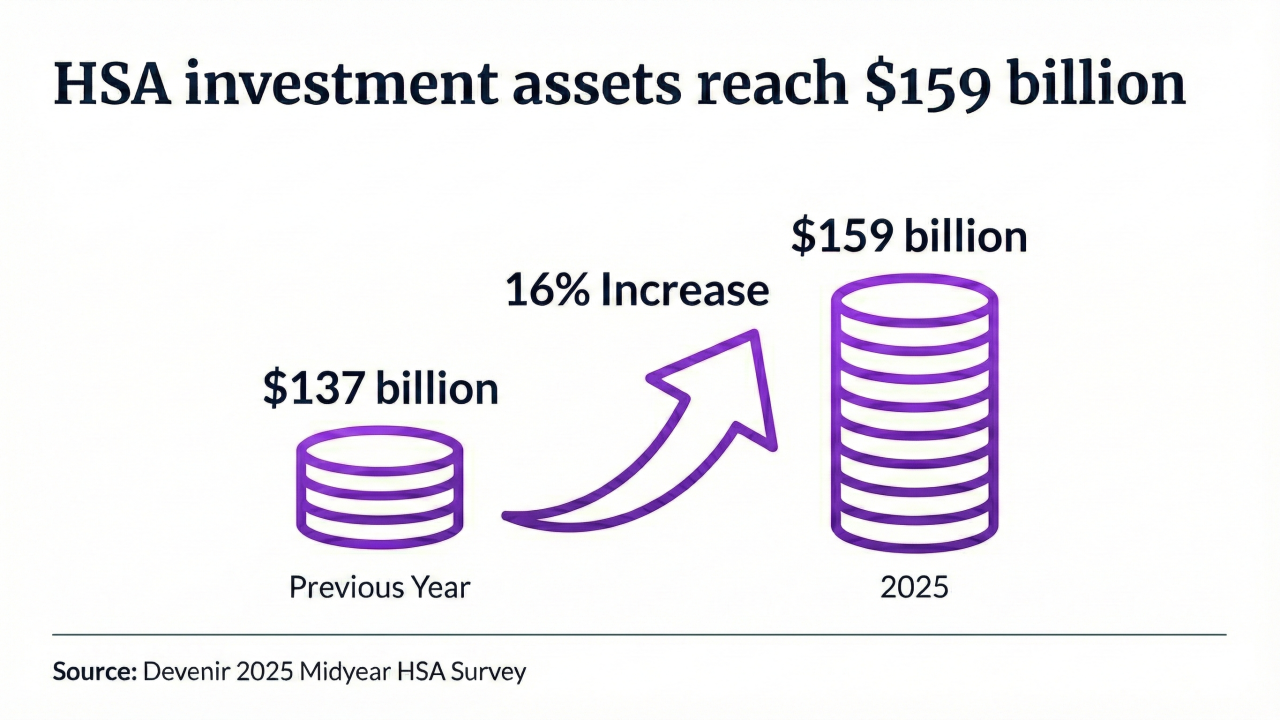Gen Z may stand as the youngest generation in the workforce, but while they're just starting to build their own financial foundation, they're
Twenty-five percent of Gen Z-ers in the U.S. are working, while studying,
"Across all generations we are experiencing incredibly challenging economic conditions," says Dina Caggiula, head of participant experience at Vanguard. "But when you think about inflation rates — which are sky high — and the student loan crisis, it's all disproportionately affecting Gen Z."
Read more:
Most Gen Z-ers (70%) feel the education system has failed to teach them how to manage their money, according to the study. When asked about what education areas they want to be improved most,
For those that have already entered the workforce, any collegiate shift in financial literacy education will prove too late, but other institutions, including the workplace, can take the lead in bridging the gap for their young adult employees, Caggiula says.
"There's this great intersection right now between plan sponsors, financial services firms and then even the government," she says. "We're all trying to come together to figure out how to solve this problem."
Read more:
"We have to make sure that we're doing rapid experimentation to try and figure out the channels we need to communicate with Gen Z," she says. "Maybe there will be job loss, and sometimes trying to support family members falls on their shoulders — so we want to make sure that they've got resources."
At Vanguard, data points about participants to try to
"The financial wellness solutions we're talking about today like emergency savings solutions and student loan matching, that's, that's starting to become an expectation," Caggiula says. "And Gen Z are incredibly valuable to the workforce, so you need to make sure that we're giving them the best offer possible."






